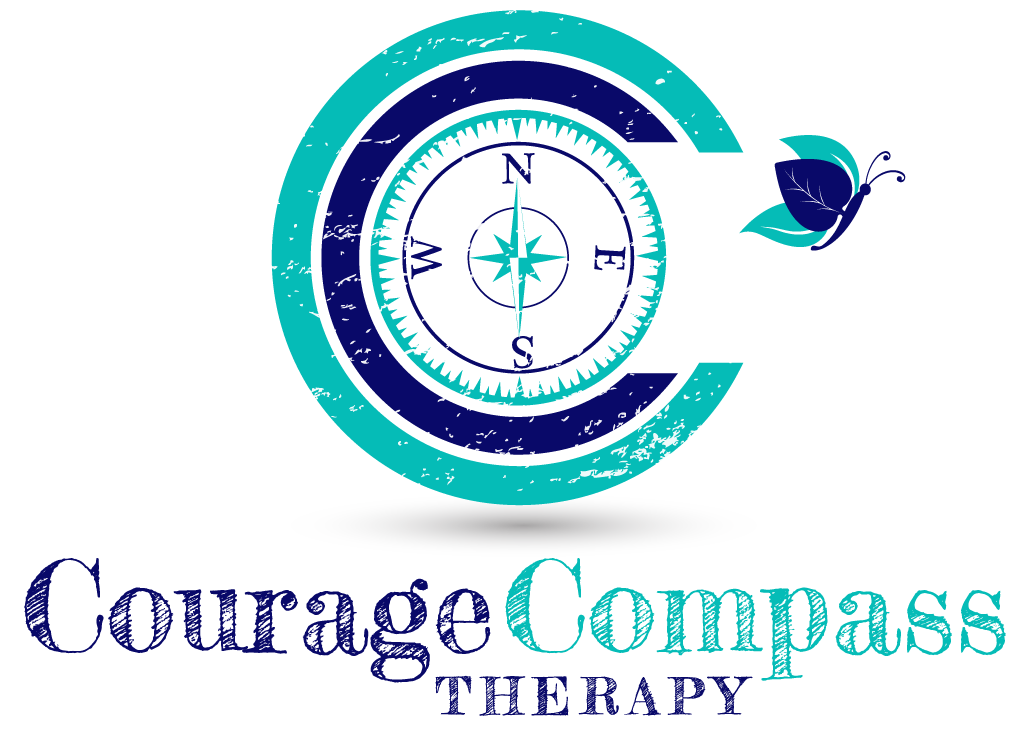It’s not a secret that American culture glorifies self-sufficiency and hyper-independence. We want to go it alone, do it all ourselves, and have all the control. When we encounter a speed bump or road block, the internal messages we hear sound like: buck up, soldier on, suck it up, just deal with it. Like, dude, what's wrong with you? Just GET OVER IT.
Not that it’s bad to pull yourself up by the proverbial bootstraps or motivate yourself to go on in the face of hardship. However, the subliminal message to this cultural value and norm is: If you need anyone or anything to help you, you’re weak. If you can’t do it alone, there’s something wrong with you. When we feel that the burden is all ours whether we need help or not, it can get very heavy.
If you’re going it alone and you operate under the (invisible made-up) rule that asking for help is weak, you’re choosing to isolate yourself further. This can trigger shame—the feel that something is wrong with us and everyone else has it together. All roads in this scenario lead to isolation and loneliness, the antithesis to love and belonging.
This is problematic because we’re biologically wired for connection. As in, IT'S PRIMAL. We can get to connection through the practice empathy and building trust. Just thinking about ways to connect with others can make us feel vulnerable, which is why it’s important to also understand the components of trust. When we get that connection, we feel validated, heard, understood, and optimally: known. While it can be anxiety provoking to show up and ask for help, if you reach out to someone who can provide a soft landing for what feels like a scary leap, you are BRAVING connection.
Research shows that when a person asks another for help, it builds trust in the relationship. Here's how: It opens the door for the reciprocal act to take place, it shows the other person that you appreciate them and their skills. You believe they are reliable, AND, THEY MATTER TO YOU. We all want to matter to another person. When we're asked to help, we feel valuable. We have a purpose. We know what we can do.
I know it's such a therapist thing to read ALL of this into merely asking for help. However, what will it take to get a perfectionist who likes to go it alone and resist help to actually embrace support?? It takes this: your understanding of all the ways asking for help and support serves to strengthen your relationship instead of making you look weak, incapable, or whatever BS story you're making up about it. Not wanting to ask for help and doing everything in your power to resist and avoid it actually has a name: it's called counterdependence.
Common "but what if:" But what if people feel like I'm burdening them? I know I know. This feels like the worst feeling to inflict on someone. But here's a reality check: people can say they are unavailable, they can't make it, etc. You are not responsible for their feelings, and you can't read their minds about their reaction to your request. In actuality, when you reach out to another for help or support, it shows them that they can do the same. You are giving them permission to ask you for help. Thus, opening up communication, connection, and trust.
Ok, maybe you're still not convinced, because the world "help" is a trigger. But here's the thing. Asking for help can look and sound like so many different things, other than: "will you help me?" It can sound like:
- Hey, I'd love to hear your ideas on ____.
- What are your thoughts on?
- Are you available? I'd love get your support on this.
- Would you be able to drop by at 3? I find your _____ so helpful.
- Can we collaborate on ___? I love how well we work together.
Connection is what gives meaning to our lives; it's how we know we're contributing and making a difference. When we complete tasks together, it provides a shared experience, which naturally increases relational bonds. It creates natural memories sprinkled with at least a little laughter. This sounds SO much better than sweating out whatever you need help with by yourself.
As much as antiquated cultural messages dictate otherwise, it's important to reach out for help or support to someone you can trust.
When you want to ask for help and you aren't used to it, it can be challenging to know what to say. Go here to get free scripts to support you in these circumstances and others.

